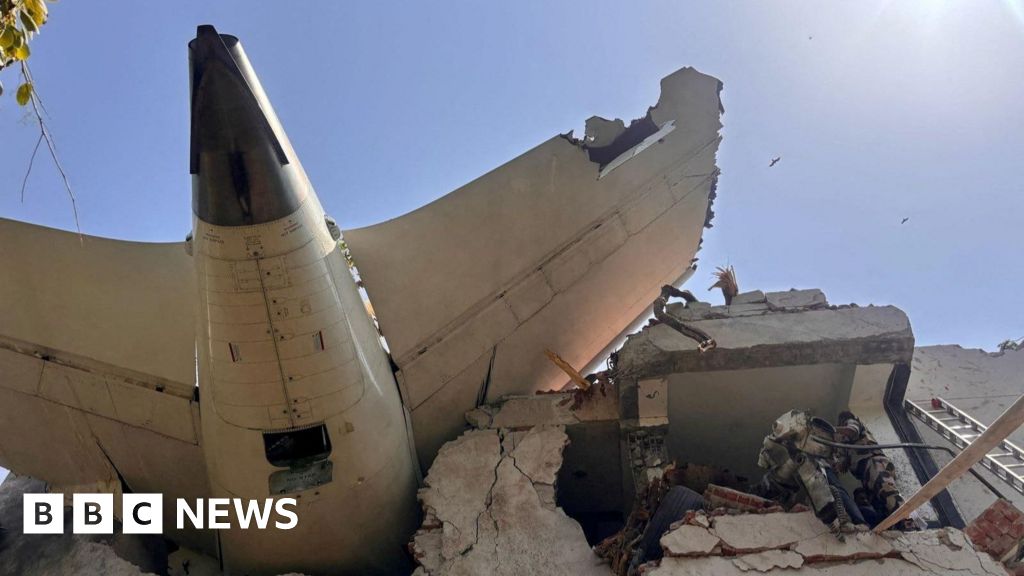Trump's Iran Standoff: Is Diplomacy Dead, or is Military Action Looming?

The situation with Iran is reaching a critical juncture, with tensions escalating and the possibility of military conflict looming large. President Trump’s approach to Iran has been consistently confrontational, and recent events have brought the world to the brink of a potentially devastating war. This article examines the current state of affairs, exploring whether a last-ditch diplomatic effort can avert military action or if the United States is headed towards a bombing campaign against Iranian facilities.
A History of Tensions and the Nuclear Deal
For years, relations between the United States and Iran have been fraught with challenges. The 2015 Iran nuclear deal, formally known as the Joint Comprehensive Plan of Action (JCPOA), offered a glimmer of hope for de-escalation. This agreement, brokered by Iran, the United States, and several other world powers, placed restrictions on Iran's nuclear program in exchange for sanctions relief. However, President Trump withdrew the United States from the JCPOA in 2018, citing concerns about its limitations and Iran’s broader destabilizing activities in the region.
Since then, tensions have steadily risen. The United States has reimposed sanctions on Iran, crippling its economy, while Iran has gradually rolled back its commitments under the nuclear deal in response. Recent incidents, including attacks on oil tankers and drone strikes, have further heightened the risk of open conflict.
The Current Crisis: Escalation and Warnings
The current crisis stems from a series of escalating events. Attacks on Saudi Arabian oil facilities, widely attributed to Iran, triggered a sharp increase in regional tensions. In response, the United States has deployed additional troops to the region and issued warnings to Iran against further aggression. Iranian officials have consistently warned that any U.S. military action against its facilities will be met with a swift and devastating response, effectively ending any prospect of negotiating a renewed nuclear disarmament deal – a deal President Trump has repeatedly stated he desires, albeit on different terms.
Diplomacy: A Last Chance?
Despite the bellicose rhetoric, some analysts believe that diplomacy still offers a path to de-escalation. However, the window of opportunity may be rapidly closing. The conditions for meaningful negotiations are complex. Iran demands the lifting of sanctions and a return to the original JCPOA, while the United States insists on addressing Iran’s ballistic missile program and its support for regional proxies. Finding common ground on these issues will be a significant challenge.
The Military Option: A Dangerous Path
If diplomacy fails, the United States could resort to military action. President Trump has previously indicated a willingness to use force, and the deployment of military assets to the region suggests that this option remains on the table. A military strike against Iran’s nuclear facilities could significantly set back its nuclear program, but it would also carry enormous risks. Such an action could trigger a wider conflict, drawing in other regional actors and potentially destabilizing the entire Middle East. The potential for miscalculation and unintended consequences is high.
Conclusion: A Precarious Balance
The situation with Iran is incredibly precarious. President Trump faces a difficult choice: pursue a last-ditch diplomatic effort or risk a military confrontation that could have catastrophic consequences. The coming days and weeks will be critical in determining the future of U.S.-Iran relations and the stability of the Middle East. The international community must urge restraint and encourage all parties to engage in constructive dialogue to avoid a devastating war.






